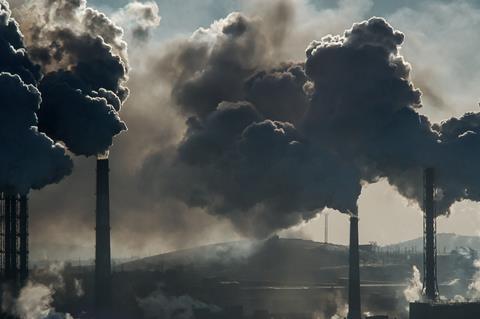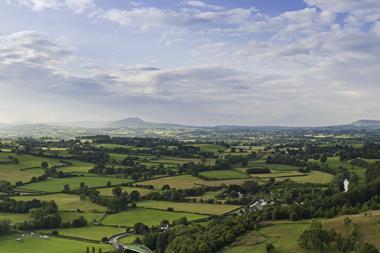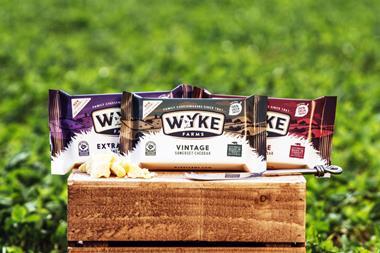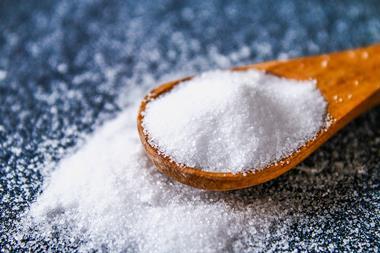
The Carbon Trust is ditching its carbon neutral label and replacing it with four new consumer-facing ones that focus on emissions reductions and comparisons of products’ carbon footprints.
The move comes against a backdrop of mounting pressure on the green claims made by food and drink brands, especially ‘carbon neutral’ claims achieved through the use of controversial offsets. In recent weeks, a number of food companies have begun phasing out their carbon neutral claims or dropping targets as the concept becomes increasingly synonymous with greenwashing.
Nestlé, Leon and contract caterer Sodexo are among those to have backed away from using offsets to claim carbon neutrality. Evian quietly dropped its carbon neutral label back in May. An update on its website noted it was “proud” of its Carbon Trust certification but “will not seek global recertification”.
The Carbon Trust’s label currently features on 892 products – 886 in the food and drink category – and can be found on products from Wyke Farms, Evian and Lidl.
Carbon Trust director John Newton said consumers and businesses were demanding “more rigorous requirements and detail” when it came to making carbon claims. Understanding of the term carbon neutral varied, he added, so focusing on carbon reductions was “simpler”.
One of the new labels is for products that are reducing emissions in line with the company’s net-zero target (which must be science-based). Another shows the product emissions have been reduced from a specific year.
There are also two labels showing comparisons of product footprints relative to similar options on the market or in a ‘product family’ – for example a vegan Kit Kat that has 20% fewer emissions than the standard Kit Kat. Newton said he was confident the claims were in line with the government’s green claims code and advertising codes.
Euromonitor research published this year showed consumers are baffled by carbon neutral claims.
Maria Coronado Robles, global head of sustainability insights at the research business, said the number of SKUs with carbon neutral or reduced carbon claims increased almost 80% across dairy products and alternatives from 2021 to 2023, and almost 89% in staple foods in the same period. However, interest was “slowing”, she added.
“Focusing more on emissions reductions makes total sense.”
Newton maintained that the trust would still encourage companies to invest in carbon credits, but said these would be marketed as “climate contributions” or “funding of additional climate projects”. Other schemes have made similar moves.
The voluntary carbon market is currently worth $2bn but has been shaken by research this year showing the offsets in major forest schemes are “worthless”. Major corporates have begun to pull their funding, prompting fears that crucial climate mitigation projects are now at risk.
The Voluntary Carbon Markets Integrity Initiative (VCMI) said this had become a “pivotal year” for the market as it published a new code of practice detailing how companies should use carbon offsets. The Integrity Council for the Voluntary Carbon Market has also just released new global benchmark for “high-integrity” carbon credits.
Mark Kenber, executive director at VCMI, said carbon neutral was “probably irredeemable” as a claim. Investments in credits could not be a substitute for corporates to cut carbon but they remained crucial for tackling climate change, he added.


















No comments yet